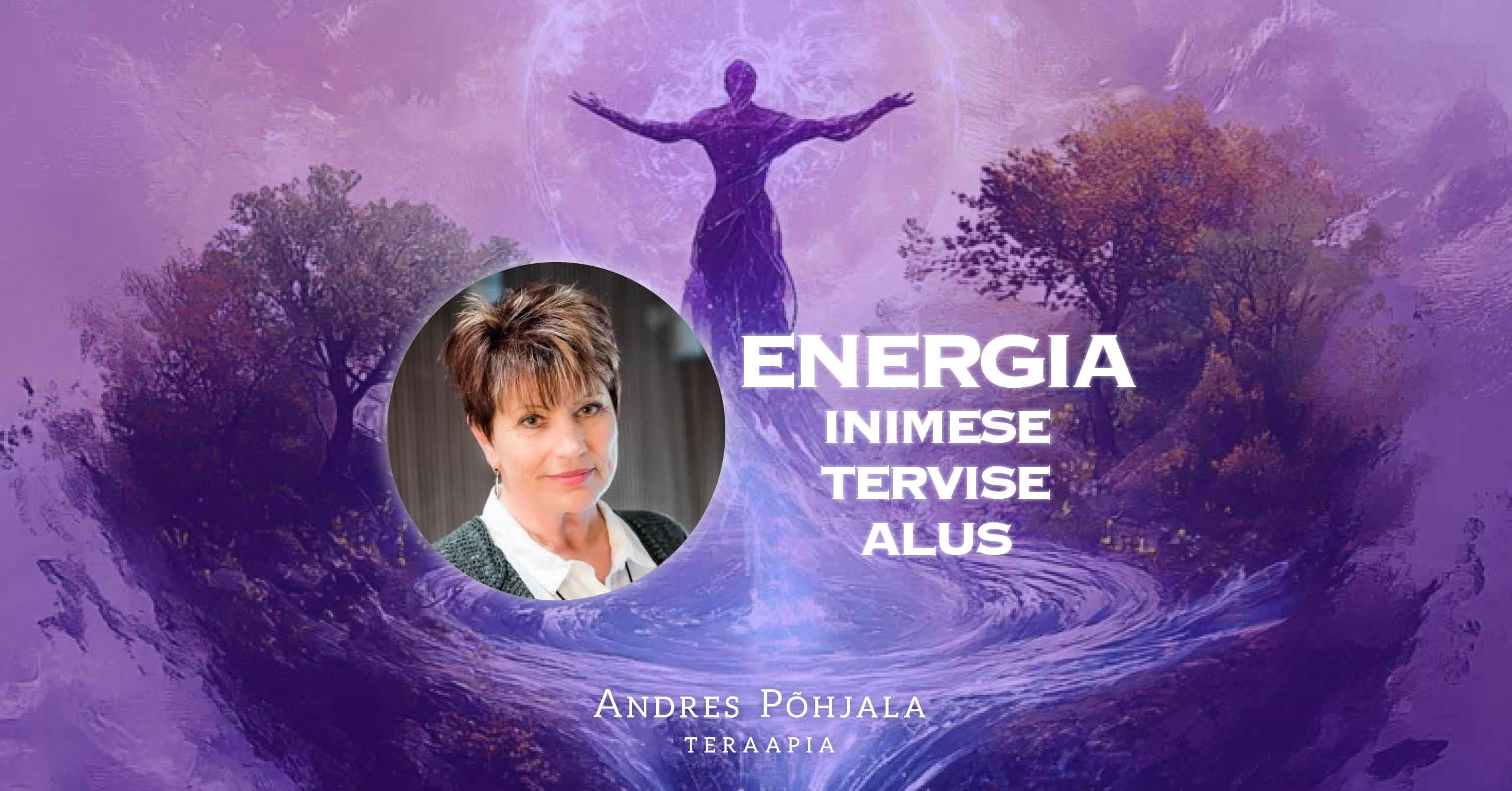What is codependency?
How does it affect, to a lesser or greater degree, most people through close relationships?
Codependency occurs after childhood abuse. Parents cause the child to feel shame, incompetence or a great sense of superiority.
Codependency affects a lot of people because the upbringing methods were relatively unconscious in the past. Ignorance means, in this case, that the parent manipulates the child to behave according to their wishes, forgetting that it is a child and not an adult. Children are often expected to be child-adults and not cause inconvenience to their parents by their presence. Children are shamed to silence them. Or they are given overpowering adult roles, which can create a feeling of superiority, but since the child cannot and is not meant to fulfill roles that are not appropriate for their age, a sense of shame, powerlessness and low self-esteem can develop there as well after failure. Education is also guided by the image of what women and men should be, not what they actually are. Men don't cry and a man must always be strong. Shaming and setting expectations. Boys then do not dare to feel and express their feelings, because they have to be strong and often serve others and enable the well-being of others. Such suppression often leads to addictive behavior, which is simply a way to cope with one's co-dependent symptoms, ventilate oneself, and feel good. The child talks when the chicken pees. Another shaming and the message that your opinion is not important. You are lower and I say how you have to be, when or what you can say.
The result is the loss of the Child's Real Self. A child does not develop into a mature adult.
The child continues to behave according to the parent's wishes, trying to adapt to the other person's wishes and needs. This earns love and approval. My self-worth starts to depend on other people's assessment of whether I am good or bad. Self-worth is one of the foundations of being human, but by depending on others, we become so-called pleasers who are never in touch with their own needs and the True Self. If my needs are not met and I live for others without knowing the Real Me, then life starts to go very wrong. I depend on the need to be with dependent people, and I will not achieve normal relationships until I have overcome my own codependency or at least started to deal with it.
Since such a pattern is planted in the subconscious and we see it in our parents, the co-addict needs to find a person who can take care of him. Who to control and ultimately who can be abused themselves. This person simply needs such a person by their side to feel valuable or necessary. This is where a false sense of superiority meets a sense of shame. Such people are usually addicts, children, lower level co-workers, a sick family member.
When entering a relationship, the trauma and abuse experienced in childhood is activated and we begin to react from the child's level.
The reason can also be considered the industrial revolution and urbanization, where both parents started working and children no longer received enough emotional closeness and attention. Mother and father came home tired and grumpy. The focus shifted more and more to making money and making ends meet. The children were more alone, and the city environment is not really supportive of people either. Man is a part of nature and the world. The city is not nature and the connection was simply broken. There was NO more connection with nature or parents. The parents had no contact with each other. Love began to fade and mental health along with it.
What to do if you recognize yourself or a loved one as suffering from some co-dependency symptoms?
MONITORING THE ACTIVITIES OF OTHER PEOPLE
- OFTEN GIVES ADVICE
- EMOTIONAL OUTBREAKS MAY OCCUR AT WORK
- GOSPEL AND SPREADING RUMORS
- INTERFERENCE IN THE AFFAIRS OF OTHERS
- PERFECTIONISM
- DENIAL OF OWN NEEDS AND LOW SELF-ESTEEM
- SAVING OTHERS AND CONTINUOUSLY HELPING
- WEAK BOUNDARIES
- FEELS RESPONSIBLE FOR EVERYTHING AND EVERYONE
- FEELS USED AND NOT APPRECIATED
Since codependency is often directed outside oneself, i.e. towards other people,
then it's time to start asking WHAT I WANT!
It is MOST IMPORTANT for a person to achieve self-awareness. How I behave, think and feel. Seeing yourself as if from the side. The best way to do this is to start keeping a diary. Where I write feelings, thoughts and situations. Then I start seeing patterns repeat themselves.
Since it is very unusual to do what I want and seem egoistic because a person has never done this, it is extremely important to start working on finding self-worth. I am valuable because I was born into this world and if I really care about my loved ones and other people. then I can offer them the best version of myself by considering my own needs. You deserve to have good relationships with others. You deserve to live a happy life, and your personal life and creative energy are your own.
You are only worth communicating with those people you want to communicate with. You don't have to live up to anyone's expectations. But you shouldn't demand that others live up to your expectations either.
Find your inner sense of truth. Whatever your heart desires. From the mind comes the suffering of the ego. These are fears, hard feelings, beliefs, etc.
Seeing a loved one suffering can offer the option of talking to a counselor in order to better understand what is happening in life more precisely. A person does not have to deal with such situations by himself. For this purpose, there are therapists, counselors and psychologists who have learned to understand the functioning and causes of the human psyche. We all act like we act for something. It's not like I'm naturally like that. If you have learned the feeling of thought and the reaction pattern, it can also be relearned.
We also have many professional forums where you can get recognition and useful thoughts.
How to get out of the codependent feeling and behavior pattern?
Until now, I have used S. Karpaman's drama triangle a lot, which helps me see how we move in different roles. I don't end up being a victim and blamer when I stop saving.
The victim has repressed anger and believes his boundaries have been overstepped. We need to establish boundaries and thereby free ourselves from being a victim or falling.
When we gain confidence in our beliefs about ourselves, we won't blame others for how they make us feel.
In fact, you can't just step out. This requires serious self-care and focus and purpose to get out of it.
In various situations that arise in relationships, we react based on our childhood wounds and learned patterns. So, as adults, we act like wounded children.
In relationships, we project our need for mother's or father's love or childhood pain onto our partner, who is supposed to fill that void. Our partner can't really do that, and the intimacy between partners is no longer normal when alternating between the roles of child and adult.
Therefore, the dysfunctional family model and related beliefs should still be recognized. In therapy today, there is such a thing as working with the inner child to help heal the abused child in our subconscious. It is very important to work with your judgment towards yourself and others. Begin to distinguish yourself from others. I am me and he is her. We are one family or a couple, but as individuals we are different and learn to respect another person. Great emphasis must be placed on honest self-expression and communication. Because as they say, there are no relationship problems, only communication problems.
What can be done to put a limit on codependency so as not to damage work and family life?
It is necessary to learn to say no. Sometimes a no to others is a yes to oneself.
One of the most important things is to find your boundaries and set them.
Not taking responsibility for others and allowing others to make mistakes. If we constantly save and push the mattress under every fallen person, other people will not learn to cope with their own lives, and we will feel the obligation to take care all the time. Everyone, both at work and at home, should be responsible for their own tasks and also not define what is my responsibility and what is not.
How does codependency affect work and personal life?
Strains relationships both at home and at work.
INDIVIDUAL
- Leaving work
- Breakdown of relationships
- Financial difficulties
- Physical and mental illnesses
- A wasted life
- Soulful agony
ORGANIZATIONAL
- Emotionally unsafe work environment
- Low productivity
- Loss of valuable labor
- Lack of team unity
- Excessive costs
- Loss of income
Living in such a state of tension starts to create diseases, and both the body and the mind simply can't take it anymore.
We are in survival mode at the level of the reptilian brain.Brain stem Run away fight. This condition prevents the thinking part of the brain from functioning and produces stress hormones in preparation for the worst.
- Doing work for others
- Inheritance of personal belongings
- Taking on an unrealistic workload
- Waiver of delegation
- Flirting
- Accepting tasks that cannot be performed properly
1. The first main symptom
- One extreme is that a person's self-esteem is weak or non-existent - you see yourself as less valuable than others.
- The other extreme is arrogance and a sense of superiority - you feel that you are special and better than others.
Self-esteem dependent on others or e.g. money.
2. Second Main Symptom
Difficulty setting workable boundaries.
3. The third main symptom
Difficulty accepting your personal reality
- Body - how we look and how our bodies function
- Thinking-How we attribute meaning to the information that reaches us
- feelings: our emotions
- behavior- What we do or don't do
4. The fourth main symptom
Difficulty taking care of your own needs and wants in adulthood.
5. Fifth Basic Symptom
Difficulty maintaining moderation in experiencing and expressing reality.
Either completely involved or indifferent. Extremism.
They are expressed in all parts of personal reality.
Webinar Follow-up: Codependency and the Karpman Triangle
On 10.09.2024, a FREE webinar was held, which opened up the dynamics of codependency and the dynamics of the Karpman triangle (rescuer-victim-aggressor).



